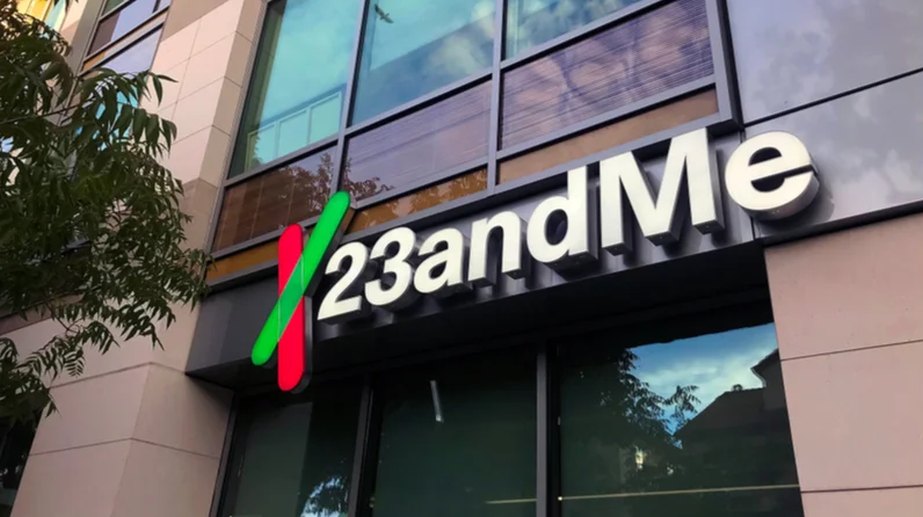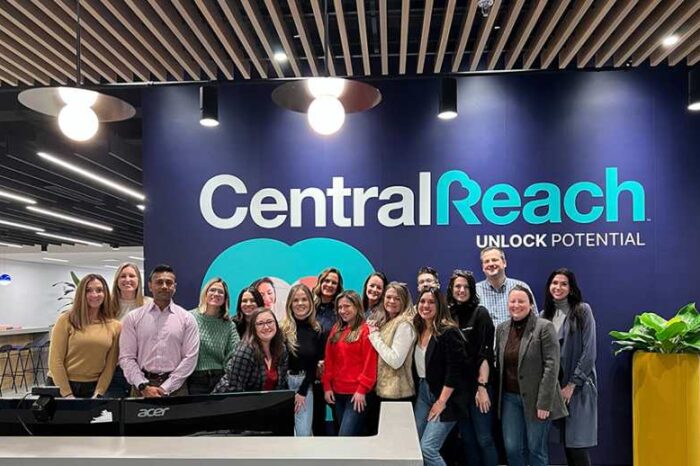23andMe files for bankruptcy, founder and CEO Anne Wojcicki resigns

23andMe, once a high-flying DNA testing startup with a nearly $6 billion valuation, has filed for Chapter 11 bankruptcy protection.
The filing landed Sunday night in a Missouri federal court. Along with it came another major move: Anne Wojcicki, co-founder and longtime CEO, has stepped down from her role, effective immediately. She’s staying on the board, but Joseph Selsavage, the company’s CFO, is stepping in as interim CEO for now.
“We have had many successes but I equally take accountability for the challenges we have today,” Wojcicki wrote in a post on X early Monday morning. “There is no doubt that the challenges faced by 23andMe through an evolving business model have been real, but my belief in the company and its future is unwavering.”
This marks a stunning fall for a company that once promised to make personal genetics mainstream. Wojcicki led 23andMe from its scrappy beginnings in 2006 through its peak years — including a SPAC-fueled public debut in 2021 that valued it at $3.5 billion. But the company never found a way to turn its early buzz into a sustainable business model.
“I equally take accountability for the challenges we have today,” Wojcicki posted early Monday on X. “There is no doubt that the challenges faced by 23andMe through an evolving business model have been real, but my belief in the company and its future is unwavering.”
Things have unraveled quickly. The company’s stock is now trading at just $1 — down 44% in premarket trading — and its market cap is hovering around $25 million.
The company said it will begin a court-supervised sale process, hoping to find a buyer for its assets within 45 days. Wojcicki still wants to be part of its future — as an independent bidder.
“After a thorough evaluation of strategic alternatives, we have determined that a court-supervised sale process is the best path forward to maximize the value of the business,” wrote Mark Jensen, chair of the board’s special committee, in a statement.
Jensen added that the bankruptcy process could help the company manage its liabilities and keep its core operations alive, including data privacy obligations and employee support. “We believe in the value of our people and our assets and hope that this process allows our mission… to live on.”
Customer data, according to the company, will continue to be handled the same way during the sale process. “We are committed to… continuing to safeguard customer data,” Jensen said.
The Rise and Fall of 23andMe
The news of 23andMe’s bankruptcy didn’t come as a surprise. A year ago, we published a piece titled “The Rise and Fall of 23andMe” that detailed how the DNA testing startup went from a $6 billion valuation to trading as a penny stock. Once a tech unicorn, 23andMe has seen its value drop by 96% since hitting a high of $17.65 per share in early 2021.
“23andMe’s stock has mostly been in free fall in recent years as the company struggled to generate recurring revenue and stand up viable research and therapeutics businesses. As of Monday morning, the company has a market capitalization of around $25 million,” CNBC reported.
A year earlier, 23andMe confirmed hackers stole ancestry data of 6.9 million users, including records of the “wealthiest people living in the US and Western Europe.” The company initially said that hackers managed to breach the personal data of around 0.1% of its customers, which amounts to roughly 14,000 individuals.
Meanwhile, the company has been under scrutiny. Privacy concerns have dogged 23andMe for years. Just last week, California Attorney General Rob Bonta issued a warning urging people to consider removing their DNA data from the platform altogether.
As part of its bankruptcy filing, 23andMe listed estimated assets and liabilities each in the $100 million to $500 million range.
The company has been exploring options for months. A special board committee was formed last March to weigh next steps. Wojcicki submitted multiple proposals to take the company private — none of which passed. Earlier this month, the board rejected her latest pitch unanimously.
Wojcicki said she’ll continue to advocate for transparency and user control over genetic data. Whether 23andMe survives long enough to be part of that future is still an open question.
Founded in 2006 by Linda Avey, Paul Cusenza, and Anne Wojcicki, 23andMe was a trailblazer in the personal DNA testing market, offering consumers genetic insights into their ancestry and health. Despite its initial success, the company has struggled with profitability. Its business model, which relied on customers taking a one-time test, forced 23andMe to continuously seek new revenue streams, including unsuccessful ventures into subscription services and drug development.





